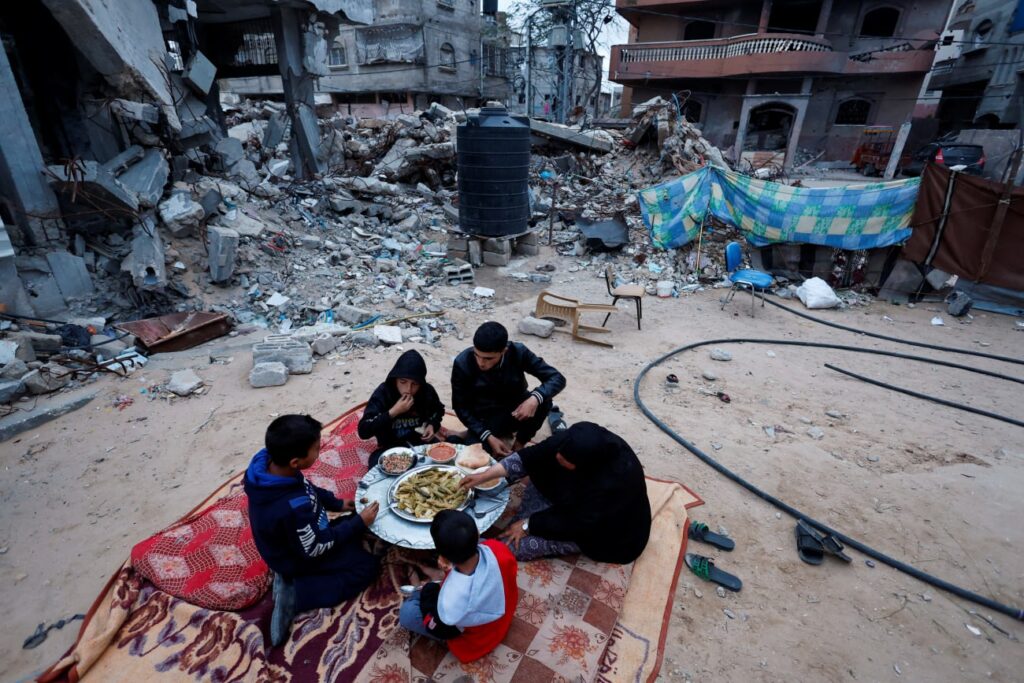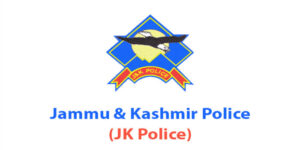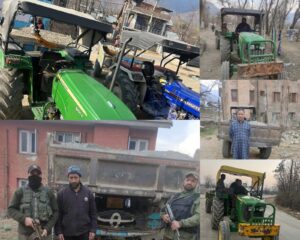Starvation as a Method of Warfare and the Humanitarian Crisis in Gaza under International Humanitarian Law

Opinion By | Shimaila Jehan Been
The deliberate use of starvation as a method of warfare is strictly forbidden under International Humanitarian Law (IHL). Despite this, recent reports have shown that Israel has used starvation in Gaza as a weapon of war leading to widespread humanitarian crises. The UN Special Committee’s report from November 2024 states that the military actions in Gaza including the use of starvation as an instrument of warfare falls within the scope of the legal definition of genocide which is defined under Article II of the 1948 Genocide Convention. IHL clearly outlaws the use of starvation as a method of warfare. Rule 53 of the ICRC’s Customary International Humanitarian Law states that “it is prohibited to use starvation of civilians as a method of warfare.” This rule applies to both international and non-international armed conflicts, emphasizing the universal commitment to protecting civilian populations from such oppressive measures. Moreover, Additional Protocol I (API) to the Geneva Conventions, which applies to international armed conflicts, reinforces this prohibition. According to Article 54(1) of API the use of starvation as a method of warfare is prohibited. Similarly, Additional Protocol II (APII), which applies to non-international armed conflicts, contains a parallel provision in Article 14, prohibiting the use of starvation as a method of warfare. These legal instruments highlight the international community’s dedication to protecting civilians in times of armed conflict. They establish definite responsibilities to ensure civilian safety and uphold norms of civilian protection.
Under IHL, the principles of proportionality and necessity govern the warfare operations. The principle of proportionality prohibits offensive operations that are expected to cause inadvertent loss of civilian life or collateral damage to civilian objects that would be disproportionate in relation to the specific and immediate military advantage anticipated. The principle of necessity permits only those military operations that are necessary to achieve a legitimate mission specific military objective and prohibits actions that are not needed by the urgent requirements of the conflict. The deliberate deprivation of food and essential aid to the people of Gaza by the Israeli authorities, through blockade-induced starvation, violates both the principles of proportionality and necessity. Such actions cause unjustifiable harm to civilians and cannot be warranted under military necessity, making these measures unlawful under IHL.
The Rome Statute of the International Criminal Court has codified the deliberate use of starvation as a weapon of warfare as legally actionable war crime. According to Article 8(2)(b)(xxv) of the Rome Statute, “intentionally using starvation of civilians as a method of warfare by depriving them of objects indispensable to their survival, including wilfully impeding relief supplies as provided for under the Geneva Conventions” constitutes a war crime for which the International Criminal Court shall have the jurisdiction to prosecute the perpetrators. The militarized aid distribution which was introduced by the Israeli authorities undermines the principles of impartiality and neutrality under International Humanitarian Law. Granting the military control over the aid distribution places them in a dominant position, allowing them to impose unlawful demands on civilian populations and exercise political bias. Such practices also constitute a violation of the laws of armed conflict. The illegal interception of the Global Sumud Flotilla by the Israeli authorities also constitutes a war crime.
It is challenging to enforce IHL principles in conflict zones like Gaza due to geopolitical controversies, lack of access to emergency zones, and the non-implementation of international law often hinders effective accountability. To address these challenges, the international community must take proactive measures, including making sure humanitarian aid can reach civilians freely and without obstacles, ensuring military actions follow the rules of proportionality and necessity while minimizing harm to civilians, holding those responsible for war crimes accountable through the ICC and other legal bodies, and improving international monitoring and reporting to track violations and protect civilians. By taking these steps, the international community can help stop the use of starvation as a weapon of war by Israeli authorities and ensure that those responsible for these war crimes are held accountable.
About Author: Shimaila Jehan Been is an Advocate with a Master’s in International Relations Peace and conflict studies, can be reached : shumailajehanbeen@gmail.com






